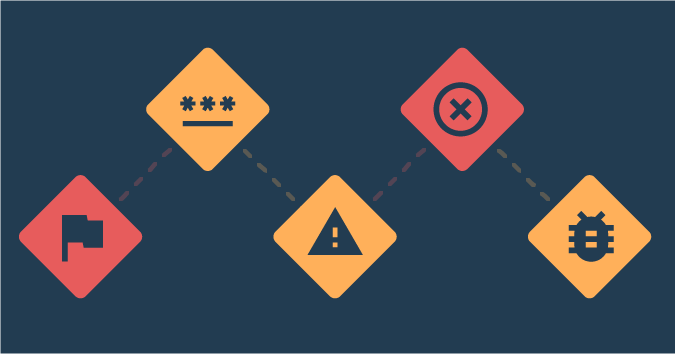This is a guest post by
I recently had the pleasure of running my tutorial, “How to Lead Continuous Delivery with Testing”, at Agile Testing Days. With twenty-two students, the tutorial was well attended. What surprised me was the demographics.
There were not any testers in the room.
Oh, don’t get me wrong. There were testers. There were Quality Assurance Engineers, Software Development Engineers in Test (SDET), Test Engineers, and Test Coaches. Just about everyone in the room had a job title that roughly translates to “I test software and I am special in [some other way].”
Just no testers.
What’s going on here?
Where QA Engineering came from
Long-time readers know that many of my thoughts about testing were crystallized in my work at Socialtext, then a venture capital-funded Silicon Valley startup, as a QA Lead. It was at Excelon that I met and worked for Ken Pier, who had spent twenty-seven years at Xerox Parc, the research center that created the photocopier, the personal computer, the windowed operating system, and Ethernet. Ken told me that when Silicon Valley was younger, and the Silicon was making physical chips, not the software running on it, “tester” was a low-level hourly job. The tester would take a piece of hardware, put it on a bench, and run it, likely re-soldering and checking broken equipment. You can see this attitude to some extent in the movie Jobs, where Steve Jobs refuses stock options to founding employees that are at the “technician” level. Job’s personal lack of kindness should take the majority of the blame, but there was some reason the board of directors went along with it.
Ken told me the title of “Software QA”, or “QA Engineer” was invented to overcome this. QA Engineer created a new, white-collar, probably college-educated role for someone checking the software to find problems and information as quickly as possible.
At least, that explains Silicon Valley.
The rest of the United States, particularly the “Rust Belt” region where I live, associated QA with “Quality Assurance.” In the Rust Belt, QA’s actually try to assure the quality by controlling the process, the education/training, and preventing defects in a repeatable process. Software testers typically can’t do any of that stuff, leading to a great deal of confusion and wasted rhetoric.
A few years ago, my fellow contributor Johanna Rothman told me that to make her job easier, she shifted from “QA Manager” to “Test Manager.” After all, QA wasn’t what senior management was asking her to do. Testing was.
Today I see the industry going the other way, for a different reason.
Tester as endangered Species
It’s been fifteen years since the first time I heard that customer-facing testing was going away, and seven since I was first called a dinosaur. A few months ago, someone told me they “didn’t know anyone who called themselves a tester.” When I repeated “hi, I’m Matt”, five times in a row, thus hopefully eliminating that painful rhetoric from their vocabulary, they didn’t seem to take my meaning.
The sad thing is, the people who want to kill testers and testing don’t even understand what we do. Really, they don’t. They think it is some sort of uneducated button-pushing and direction following. When James Whittaker proclaimed “Testing is Dead” for the first time at STARWest in 2001, I was busy at a board meeting of the Association for Software Testing. We couldn’t understand what he was on about. The kind of testing he was describing [which does continue its slow death] had been discredited and rejected by our community late in the previous century.
Okay. So that kind of testing is icky and discredited. Does that mean we should abandon the term?
Which way to swim
Most of the people I talk to see the tide coming and are keen to change their title. They are now Software Quality Assurance Engineers or SDETs or members of the technical staff or whatever. That’s certainly one way to go.
Another is to move the needle. To work to educate the greater software and management world about a responsible, refined, thinking approach to risk that deals with tooling, emergent risk, and human cognition.
Hi. I’m Matt Heusser. I am a software tester.
I am imperfect. I have done a lot of things wrong. You can accuse me of a lot of things. Failing to understand my role in the community, of not picking up my banner, of not swimming upstream, of not moving the needle … I don’t think those are some of them.
Will you join me?
Matthew Heusser is the Managing Director of Excelon Development, with expertise in project management, development, writing, and systems improvement. And yes, he does software testing too.





